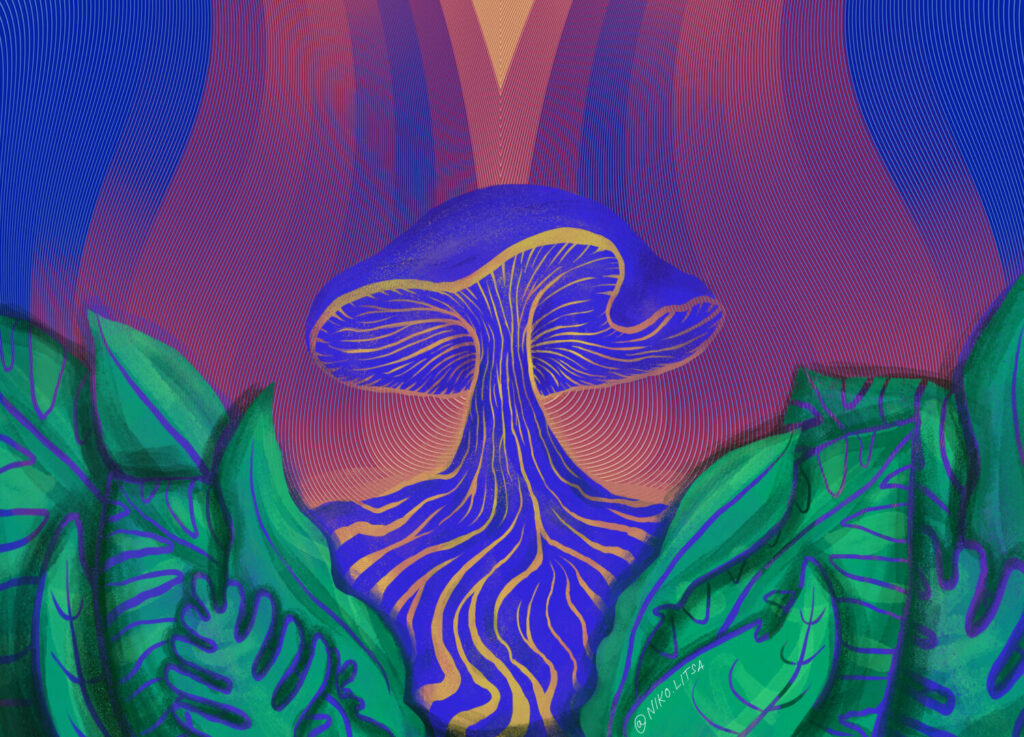Antidepressant Medication (SSRIs) vs. Psychedelics: A Comparative Review
On a quest for mental wellness, we find ourselves at a crossroad, having to choose between options like traditional antidepressant medication or the increasingly studied psychedelic assisted therapy.
Studies show that both of these mediums can be efficacious in treating depression.
However, it’s often a challenge deciding which of these two to opt for, because while they both cater to the same problem, their approach and impact vary. If you are currently on an antidepressant and mulling over exploring other alternatives, this article will help illuminate the differences.
A Brief Overview: SSRI vs Psychedelics
Before diving into a detailed comparison, it’s essential to familiarize ourselves with both these concepts.
- Antidepressant Medication: Standard antidepressants, such as SSRIs, tricyclic and tetracyclic antidepressants, and monoamine oxidase inhibitors (MAOIs), all work to elevate the levels of monoamine neurotransmitters in the brain. Serotonin, dopamine, norepinephrine, and epinephrine (adrenaline) are all monoamines. They help regulate mood, emotion, the fight-or-flight response to fear, attention, memory, sleep, and function.
Unfortunately, antidepressants can take weeks to kick in, and around one-third of people taking antidepressants will continue to experience symptoms during standard antidepressant treatment.
Put simply, depression is a complex condition, and the monoamine hypothesis can’t explain every case.
- Psychedelics: In addition to elevating monoamine levels, psychedelics for depression work by acting on amino acid neurotransmitters. They increase neuroplasticity by impacting the most prolific excitatory neurotransmitter, glutamate, which helps us perform cognitive functions pertaining to memory, learning, and thinking.
Ketamine and psychoactive antidepressants also act on gamma-aminobutyric acid (GABA), an amino acid neurotransmitter that regulates brain activity and helps prevent issues with anxiety, depression, sleep, irritability, and concentration.
Perhaps because of the way they impact the brain differently than standard antidepressants, psychedelics have been shown to have a more lasting effect.
Antidepressants: An Emotional Blanket
I want to emphasize upfront that I am not against antidepressant medication. In her book ‘Prozac Nation,’ Elizabeth Wurtzel mentioned:
“That’s the thing about depression: A human being can survive almost anything, as long as she sees the end in sight. But depression is so insidious, and it compounds daily, that it’s impossible to ever see the end.”
Antidepressants can be the light at the end of that tunnel, providing lifesaving relief, especially in acute cases.
However, they primarily serve to suppress your emotions, not just the negative ones, but also the positive ones. They can be an incredible tool for short-term usage while undergoing psychotherapy to heal the emotional wounds often causing depression.
The problem begins when its short-term usage shifts to a long-term solution, causing emotional numbness and dependency.
Psychedelics: A Path Towards Emotional Healing
Conversely, psychedelics have shown immense potential in going to the root cause of depression. Rather than suppressing emotions, they have been seen to help individuals reconnect with their deep-seated emotions.
While the effects may not be instantaneous, studies have shown that psychedelics can bring about significant life improvements for people with depression in the long run.
Many users report experiences that lead to personal insights, psychological breakthroughs, and a greater sense of connectedness, which can all play a role in alleviating symptoms of depression.
Choosing between antidepressants and psychedelics
Choosing between antidepressants and psychedelics should always be a well-informed decision made in conjunction with a mental health professional. It’s important to understand that what works for one person might not work for another.
Antidepressant medication can be immensely beneficial in the short term. It can act as a buffer, suppressing overwhelming emotions that incapacitate a person suffering from depression. However, the potential for emotional numbness and dependency raises concerns in long term usages.
Psychedelics offer an alternative, unorthodox approach to tacking depression. Instead of simply mitigating symptoms, they can help a person uncover and deal with the root cause of their depression. But more research needs to be conducted to fully understand their impacts and how to use them safely and efficiently.
In the end, the goal remains the same – to alleviate the burden of depression, enhance quality of life and pave the way for better mental health.
Find out more about our psilocybin assisted therapy sessions and psilocybin assisted retreat.
